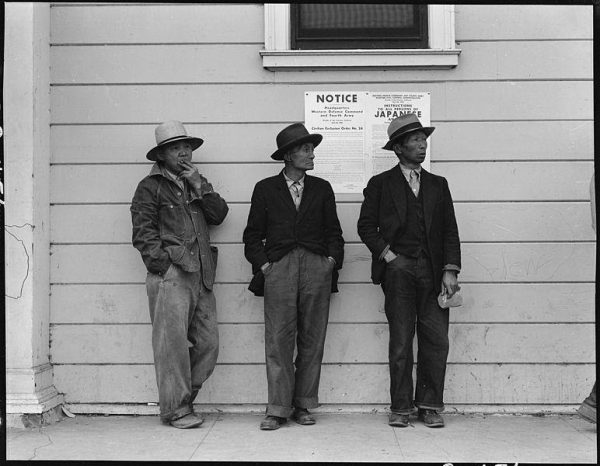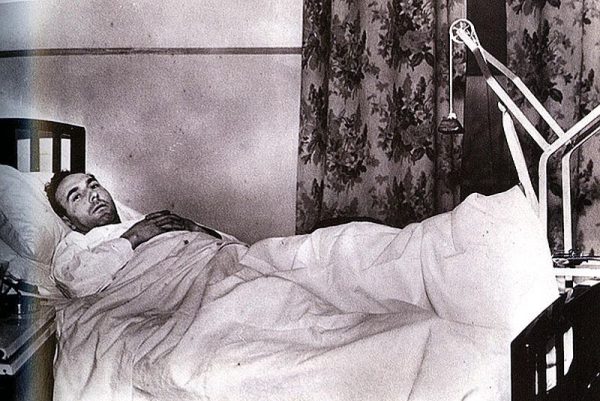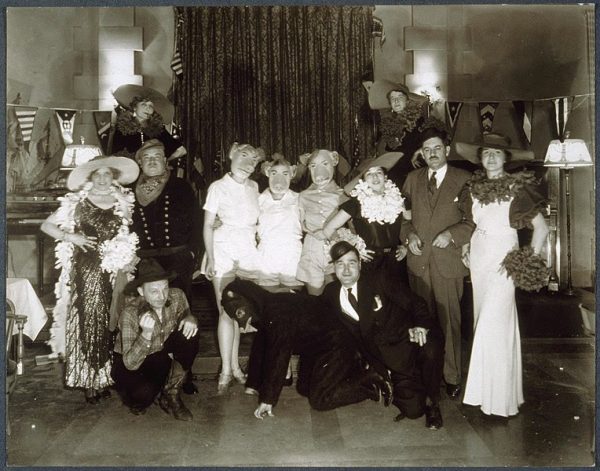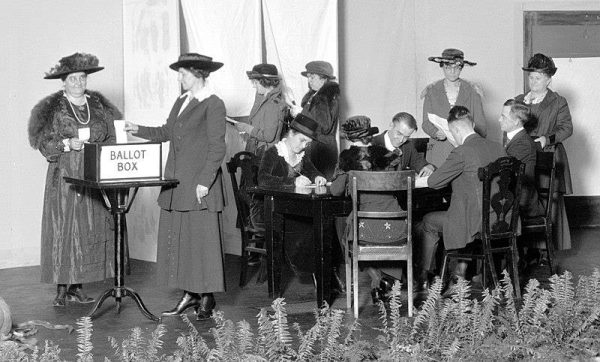Archive for the ‘Uncategorized’ Category

WHAT’S NEW IN 2025
COMBO PROTECTION
California Recognizes Hybrid Forms of Workplace Discrimination
Recently enacted Senate Bill 1137 clarifies that California’s anti-discrimination and anti-harassment laws based on protected classifications – such as race, gender, age, disability and sexual orientation – also apply to “intersectional identities” in which two or more of these classifications can result in a unique form of discrimination.

WHAT’S NEW IN 2025
TWO BITES
Local Government Workplace Discrimination Laws Coming
Since the 1959 enactment of California’s Fair Employment and Housing Act (FEHA), the statewide Civil Rights Department (CRD) (formerly the Department of Fair Employment and Housing or DFEH) has been the sole authority to enforce workplace discrimination laws.

WHAT’S NEW IN 2025
UNSPLITTING HAIRS
Race Discrimination Clarified
As previously reported, California’s Fair Employment and Housing Act (FEHA) prohibits racial discrimination for an employee’s and applicant’s “historically” race-related hairstyles under the 2019 Creating a Respectful and Open Workplace for Natural Hair (CROWN) Act.

WHAT’S NEW IN 2025
NOT SO FAST
Using Earned Vacation Time No Longer a Paid Family Leave Prerequisite
Unemployment Insurance Code 3303.1 has permitted California employers to require an employee to take up to two weeks of earned, unused vacation prior to commencing Paid Family Leave (PFL).

NO RACIAL EPITHETS
Keep Harassment and Retaliation Out of the Workplace
California’s Fair Employment and Housing Act (FEHA) * forbids harassment against employees that alters the conditions of employment resulting in an abusive work environment; and * prohibits retaliation for complaining of harassment. To rise to the level of unlawful harassment, the behavior must be severe or pervasive.

WHAT’S NEW IN 2024
MINIMUM LIFE SUPPORT
Health Care Facility Pay Hikes Take Effect October 16, 2024
As previously reported, recently enacted Labor Code sections 1182.14 and 1182.15 substantially increase minimum wage for workers in various health care facilities, eventually raising the rate to $25/hour, superseding local minimum wage laws.

WHAT’S NEW IN 2025
UPDATED WORKERS COMPENSATION POSTING
Employers Must Advise Injured Workers of Right to Consult an Attorney
California Labor Code 3550 requires employers to prominently display a Notice to Employees-Injuries Caused by Work…

BOO YAH! … NAH!
Defining “Fun” for
Workplace Halloween
With the proper guidelines in place, a workplace Halloween party can build teamwork and morale.

Annual Virtual Seminar for Employers
Friday, January 17, 2025 Friday, February 28, 2025
Covering Employment Legal Essentials and New Workplace Laws
Now’s the time to secure your spot for our virtual sessions on “what’s new” in California employment law for 2025.

ELECTION ALERT
Voting Rights Notices, Possible Paid Time Off
Election Code 14000 requires an employer to provide an employee either beginning or end of shift time off to vote in a statewide election if that person cannot otherwise do so outside work hours. The company must pay for up to two hours of that voting time.
